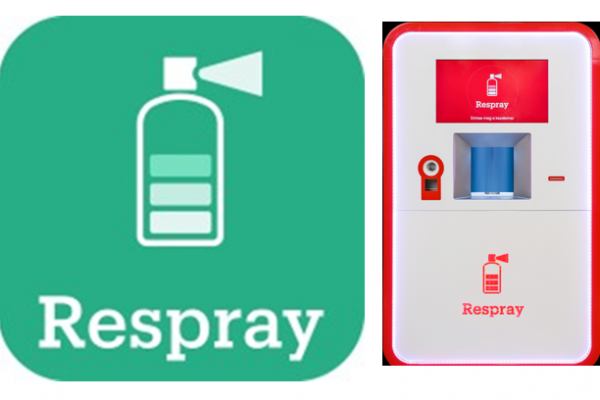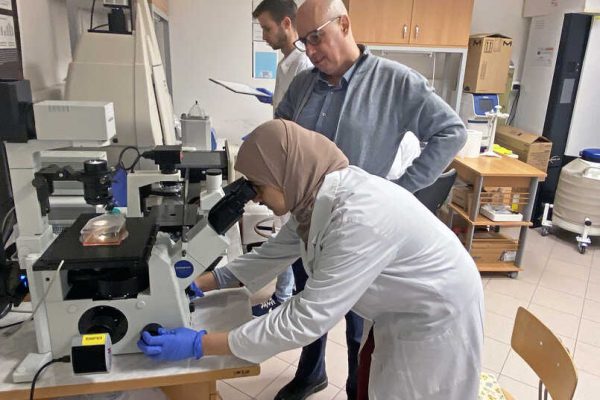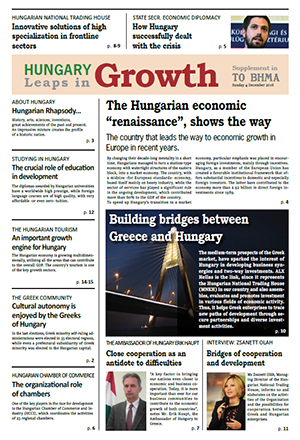The City of Tatabánya has an approved comprehensive adaptation strategy, the Local Climate Change Action Plan, that is in its implementation stage. This Plan is based upon a comprehensive approach taking into consideration both mitigation and adaptation, incorporating climate considerations into decision-making, and including adaptation concerns in municipal processes. At this time, three measures have been implemented: (1) a local heat alert system; (2) the Smart Sun Educational Programme; and (3) building capacity of the fire brigade.
Tatabánya has and will continue to face two major climate-related risks for which adaptation measures are required: heat waves (urban heat island effect in Tatabánya) and wild fires
threatening the surrounding region and the health of the population (air pollution) caused by extreme temperatures and droughts
Objectives
A local heat alert system and the Smart Sun Educational Programme are designed to protect the public from the harmful impacts of high temperatures and UV radiations. They seek to:
- Increase public awareness about heat waves impacts on health and on efficient measures for self-protection against unfavourably high temperatures;
- Reduce the number of people exposed to the harmful effects of high temperature conditions and provide information that can reduce harmful effects on human health; and
- Save resources through focusing on prevention measures rather than measures that address the consequences
The measures directed at building the capacity of the fire brigade are designed to protect the public and forests from wild fires, and prevent biodiversity loss; They seek to:
- Prevent damage from the wild fires and health impacts due to the smoke and biodiversity loss; and
- Prevent casualties among the fire-fighters due to the lack of training and capacity.
Solutions
Tatabánya established a mix of soft measures to deal with the impacts of heat waves as well as wild fires.
Tatabánya has a heat and UV alert system in place: when extremely hot weather is predicted a heat wave and UV protocol is set in motion. The prediction is produced using high-tech weather
prediction methodologies. The protocol consists of a series of activities that provide advice to citizens on how to prepare for the predicted heat wave. A key aspect is that information reaches
citizens rapidly and though different channels. As soon as an impending heat wave is forecast the National Medical Officer of Hungary is informed. Instructions for citizens, institutions, health care organisations and media, updated every 30 minutes, are distributed through various media channels: the local and regional media are alerted. Information is also distributed through other
channels: the city homepage, mail delivery and faxes to all authorities, institutions, public companies and employers. The heat alert system has been activated several times already: three
times in 2009 and 2010, twice in 2011 and also three times in 2012. The UV alert system was activated once every year, except in 2012 when it was activated twice.
According to the Mayors Office, an increasing number of inhabitants are now aware of what they should do during an alert. The institutions of the city, about 150, reply to alerts sent out by the
Mayors Office and during an emergency act according to the plan.
Under the Smart Sun Educational Programme the different vulnerable groups (e.g., infants and their parents, youngsters, old people and ill people) are made aware of the harmful effects of heat waves and high solar activity on the human body, as well as of the simple and effective measures on how to protect themselves and take care of other people (e.g., drinking 2-3 litres of still water per day, staying indoors or in shady places, wearing light hats, sun glasses, etc.). Adults are also made aware of their rights concerning the working environment, especially if their work includes outdoor activities. For example, employers should supply employees working outside with drinking water, proper clothing, and should take care of the work regime (1 hour of working outdoors in the heat wave should be followed by 30 minutes of rest).
Higher temperatures during longer periods, reduced precipitation, and changing wind patterns increase the risk of forest fires in many European regions. The city of Tatabánya in Hungary has
enhanced the capability of fire brigades to fight forest fires by providing specialist training and equipment; improving the road network in forest areas thereby enhancing accessibility during a fire for the emergency services; providing watchtowers or camera systems that can help to detect fires early; and offering well-managed emergency response systems. The use of a fire weather index system helps the fire brigade to prepare for and respond to such events. A strengthening of local and regional disaster management has led to a reduction in damage from forest fires and the number of casualties among fire fighters. An additional side benefit is that these measures have also helped with managing other natural hazards, such as storm events and floods, which are projected to occur more frequently as a result of projected climate change.
You can learn more here












